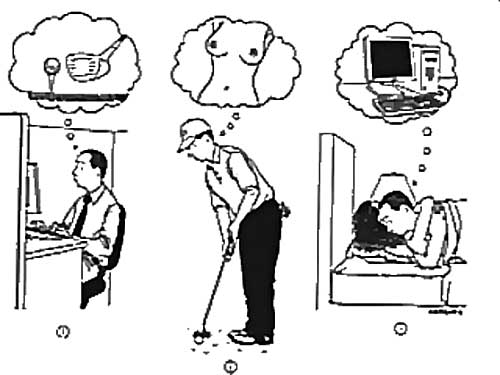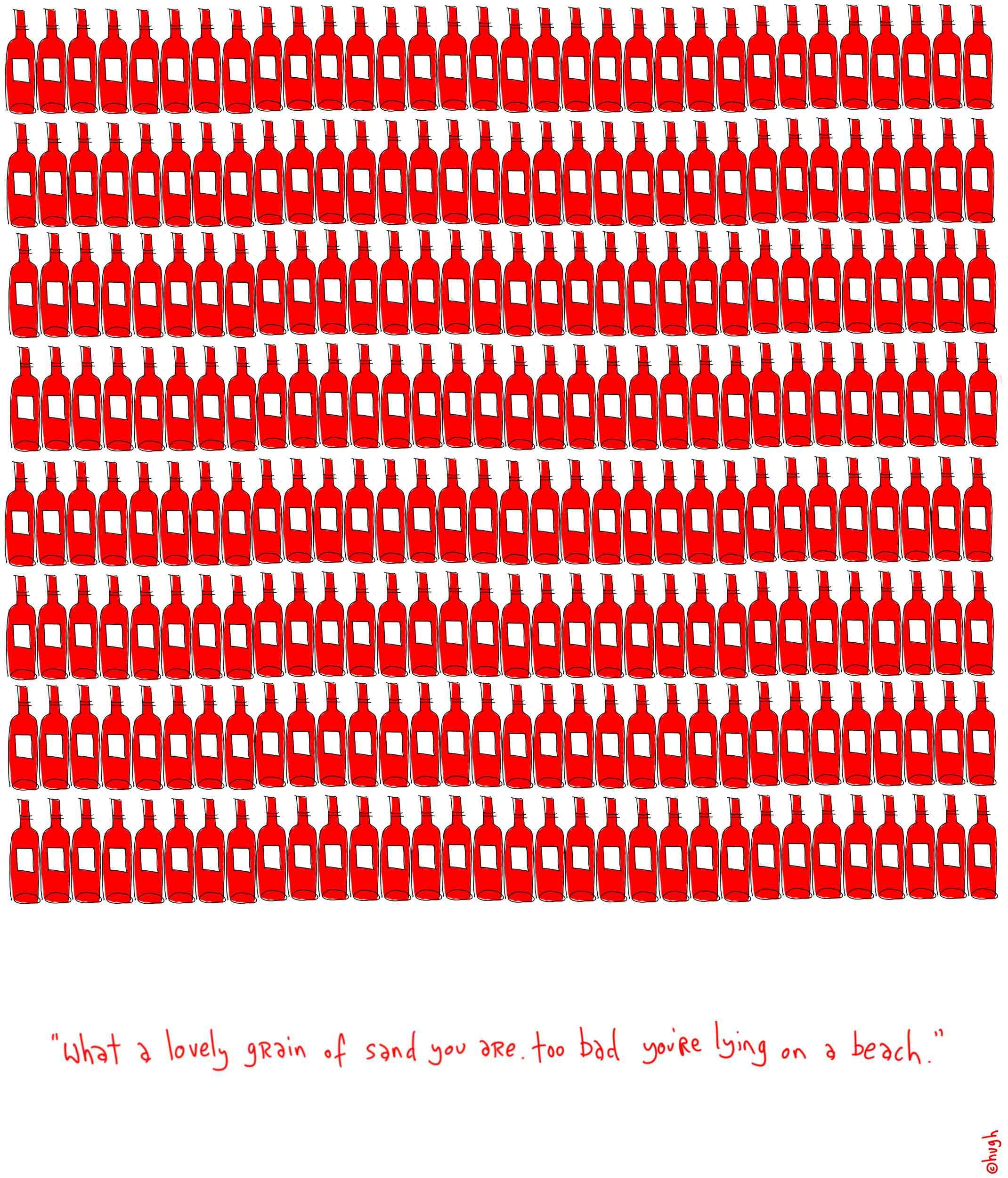How to Sell More Wine by Offering Less

Barry Schwartz’s book, Paradox of Choice used to be required reading for all of the folks in our UK office- and I’d often go out and talk to big retailers about the concept.
The idea as the title infers, is counter intuitive: In western society, we believe that ‘free choice’ is an inalienable right, and that as such, the more ‘choice’ we have, the ‘happier’ and more fulfilled we will be. Schwartz reasons that the availability of so much choice, in fact, works to reduce our happiness because of various psychological factors at play: Regret over the realization of not having made the ‘best’ choice, and that sheer complexity effectively makes it impossible today, to make a ‘best choice’: The result is paralysis, procrastination, and in severe cases, depression.
In mid-2005, I was talking to a friend who was told me about his experience of buying wine in the UK grocery aisles: He said that for him, choosing a wine was a “completely random experience” – and at that point, a light went on for me: For the first time, I understood that if one is not a ‘student of wine’, then the wine aisle is really unknowable – and more wine makes the problem worse: For many people, all the hundreds of choices means nothing but confusion as they simply gaze upon a wall of pretty labels. This did explain why the easiest choice is always to buy what is ‘on promotion’ –and could well be why wine promotions are so powerful in the UK.
Here is a video of a talk that Barry Schwartz did at TED in 2005 on the subject. If you are in the wine business, especially in retail, it is very worthwhile 17 minutes.
[youtube]http://www.youtube.com/watch?v=VO6XEQIsCoM[/youtube]
If we look at some of the most efficient wine retail models, they are not based upon maximizing choice, but LIMITING choice, and therefore ease of selection for the consumer: Retailers that come to mind are: Trader Joe’s and Best Cellars in the US, Aldi and Lidl in the UK and Europe. Companies like Direct Wines, have a business model where the consumer actually has no choice (subscription). The discounters have lower aspirations for selection, but this discipline also channels consumer attention to a limited number of products. Is buying wine at these retailers any less satisfying for the average wine consumer?
We see some large retailers like Sainsbury’s doing this with their very powerful “top ten”shelf set. This is the kind of idea that is worth millions to any big grocer. We had developed a variation of this concept back then that could make the JS model even more effective, which I might dust off and post about. To be sure, last year one major UK retailer bravely experimented with adding range, to find that they bumped up against the Paradox – they are in the process of reducing range.

While all us wine guys fantacize about selection, tiny appellations and complexity, maybe the paradox is that what we want for ourselves, may not be what our customers want: They want simplicity and a helping hand in selecting. And, of course, something to believe in.







2 Comments, Comment or Ping
yeliz
good turkey süper bir paylaşım tşk
Nov 22nd, 2009